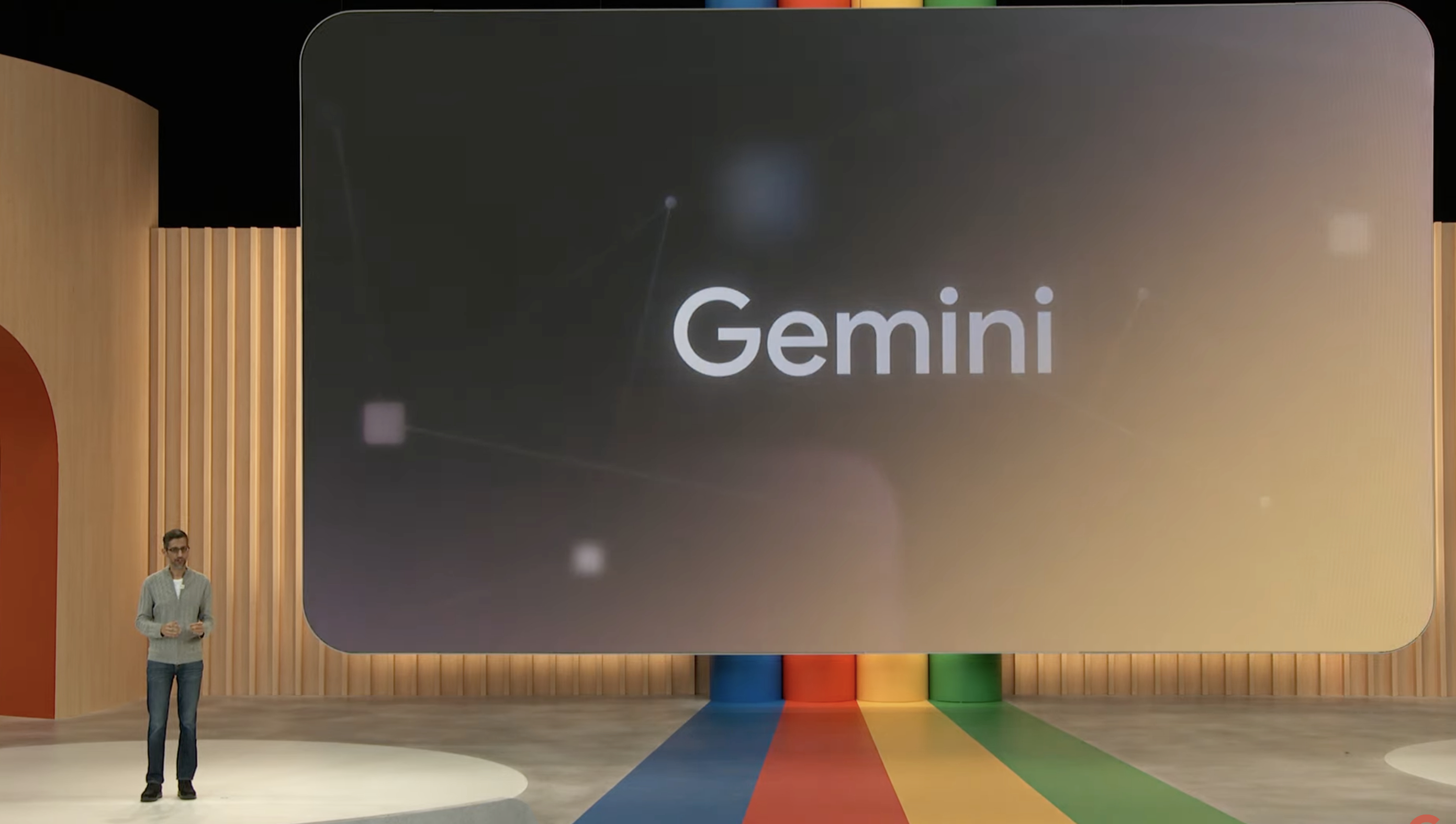
Google has delayed the release of its next-generation artificial intelligence model Gemini until at least January to improve support for a wider amount of languages.
Gemini was announced earlier this year as a replacement for the current generation PaLM 2 foundation model that powers the current suite of Google AI tools. This includes YouTube experiments, Bard, and the Duet AI tools in Workspace.
There were due to be a series of in-person events for the launch of Gemini including demonstrating how it compares to OpenAI’s ChatGPT on a range of tasks but these have since been canceled to allow developers to continue working on its language skills.
What went wrong?
According to a report in The Information, the delay came about after it was found Gemini struggled to "reliably handle some non-English queries".
As global support is significant for Google, in part due to the fact Gemini will be incorporated across its product range, but also as it competes with OpenAI’s GPT-4, the decision was taken to delay the major launch events in favor of something more low key.
There were events planned for California, New York, and Washington to show off Gemini in person and allow developers and journalists to get hands-on with the AI tool. Instead, Google has opted for a virtual demonstration.
What happens next?
The big events were a crucial part of the Google strategy for Gemini, which is still expected to be launched in January. The goal was to show how it compares to OpenAI’s GPT-4, what this means in terms of product development, and where Google is going next with AI.
Gemini is seen as Google's most important AI project since merging its own AI division with the UK-based research lab DeepMind. Google claims it is comparable to GPT-4, which powers ChatGPT and so would likely allow both Bard and Google Assistant to improve significantly.
Back in April, a Google engineer had written an internal document which got leaked saying the company was losing its edge in AI to the open-source community which is positioned to make rapid adjustments to its lean products. A month later, Google removed its waiting list for Bard. However, it had to delay the European launch due to privacy concerns.
So, while having to delay a high-profile AI launch yet again, this time due to performance issues might seem embarrassing on the surface, it demonstrates how seriously Google takes getting it right the first time. It also shows the importance the company places on globalization as the AI race continues on into the new year.







